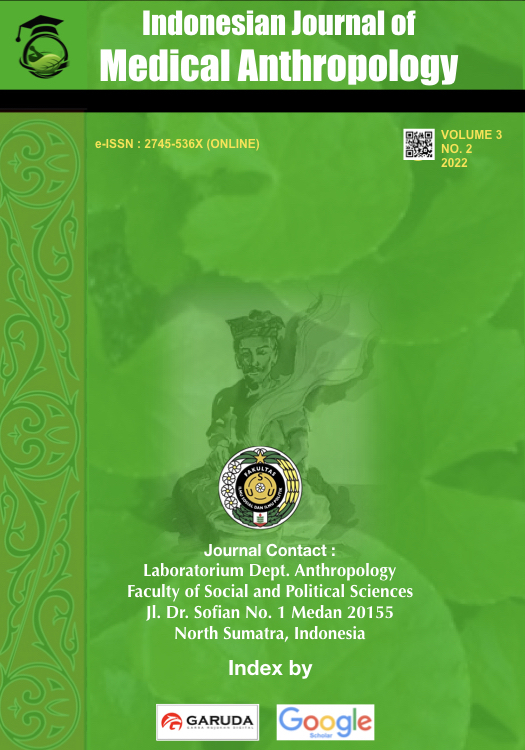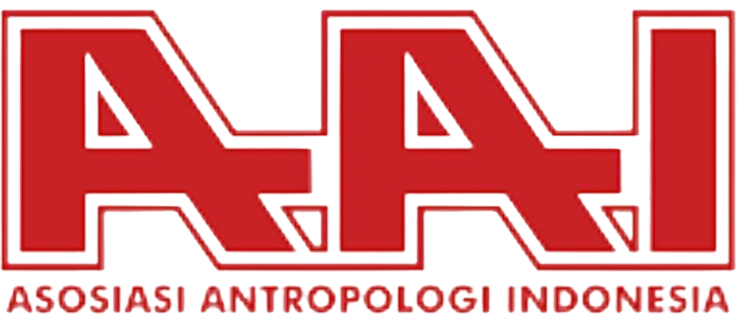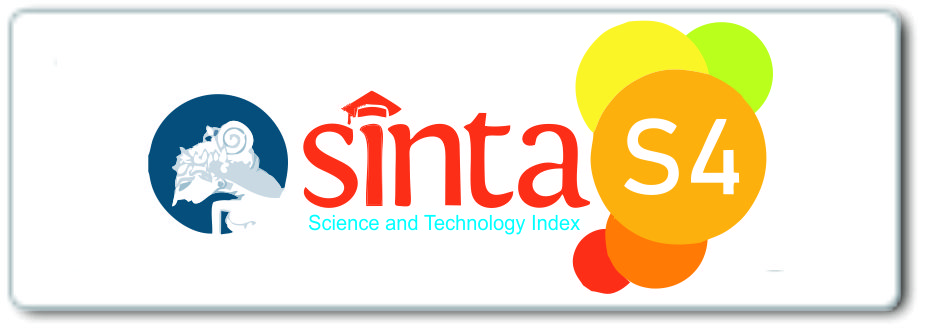Ethnocaring of Elderly with Dementia in Rural Java
DOI:
https://doi.org/10.32734/ijma.v4i2.12957Keywords:
dementia, elderly care, ethnocaring, Javanese philosophyAbstract
Currently, Indonesia is entering the aging population phase. Along with increasing welfare, the life expectancy of the population is getting higher but the quality of a healthy life is low due to the cycle of recurring diseases in old age. One of the cycles of disease that requires long-term care is the elderly with dementia. In rural Java, senility as a disease is not widely known. The term senility is equivalent to dementia. The elderly that suffered from dementia are treated instinctively according to local customs. The way of caring is simple, only based on instinct when seeing symptoms without clinical medical indications. This paper discusses ethnocaring, a community knowledge perspective in the care of the elderly with dementia which describes natural care habits based on experience. The research was conducted in March-May 2023 in Bantul using a purposive sampling method and obtaining 5 caregivers in the selected villages consisting of family and community members. The results showed that senility was treated based on the status of the relationship between caregivers and elderly with dementia and the role of the philosophy of "mikul dhuwur mendhem jero'' which animates behavior and determines its role in quality and type of care.
Downloads
Downloads
Published
How to Cite
Issue
Section
License
Copyright (c) 2023 Indonesian Journal of Medical Anthropology

This work is licensed under a Creative Commons Attribution-ShareAlike 4.0 International License.











